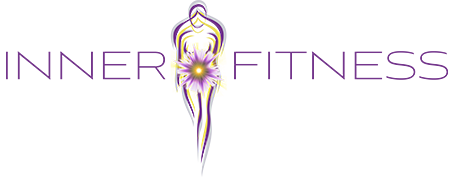Scope of Practice
While it important to me to get to the roots of your eating story, as a health coach I am unable to diagnose eating disorders, prescribe diet or exercise plans, treat disordered eating, provide therapy on psychological and mental disorders or trauma, or to diagnose or treat any other conditions. It is never my position to tell you to get off of medications or go against any advice of your healthcare professionals.
I am here to serve as your guide for change in your life and to be your weight loss best friend.
That involves discussing feelings and our whys. It is healing through storytelling and relatability. I will share self-care ideas for you, bridge gaps between knowing and doing, help you to heal your relationship with food, bring you closer to awareness of yourself and your behaviors, and facilitate positive change in your life. I want to help you get unstuck!
If at any point in your program, I feel that I may need to refer you to someone outside of my scope of practice such as a therapist, a nutritionist, or another type of licensed healthcare professional, I will say so and resume the right to discontinue my services until such help is rendered. I am willing to offer my accountability services in partnership with you and your doctor’s plan if that would be beneficial to your growth and health. I am able to offer general recommendations and provide clients with a number of different health approach options, resources, and support methods.
If you are seeking therapy and/or trauma recovery, I will refer you to:
Kim Honeycutt, MSW, LCSW, LCAS, CCFC
Psychotherapist & Trauma Recovery Consultant
[email protected]
icutalks.com
Resources for more counseling options
